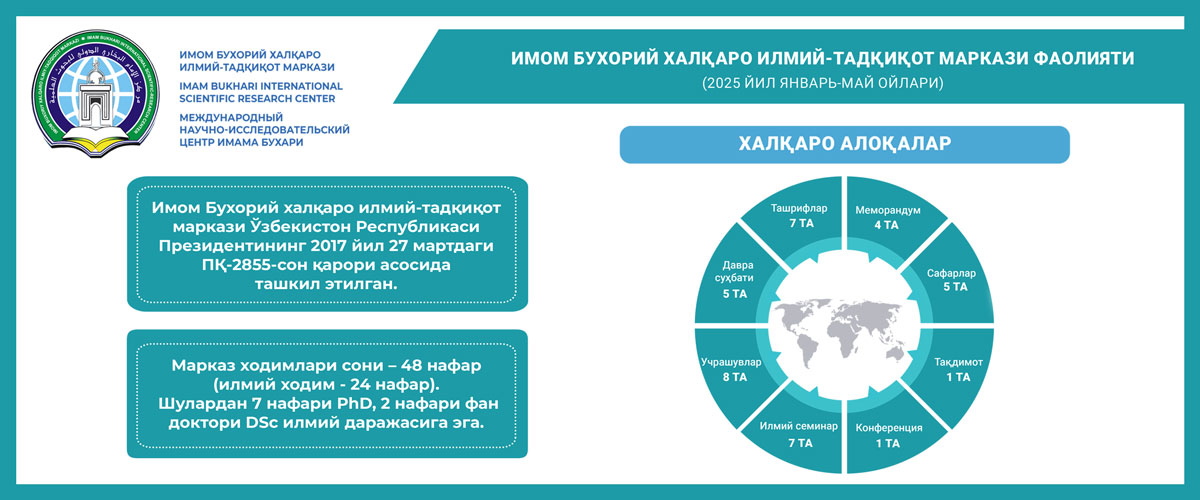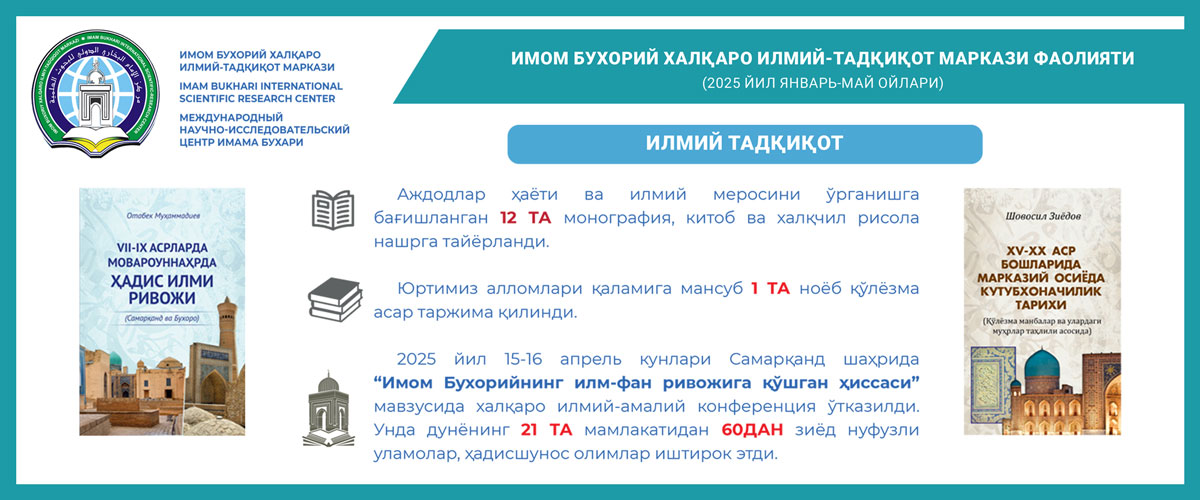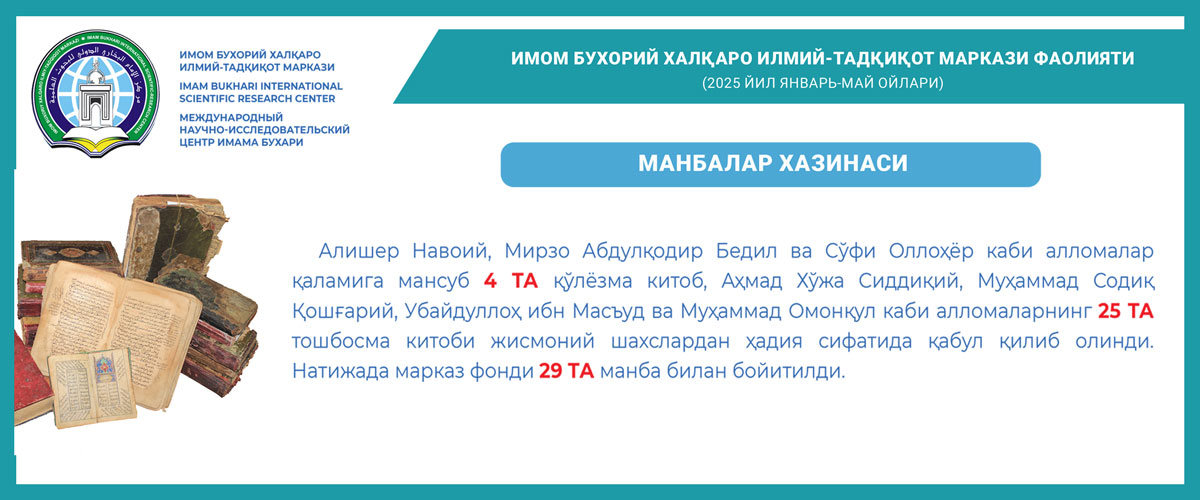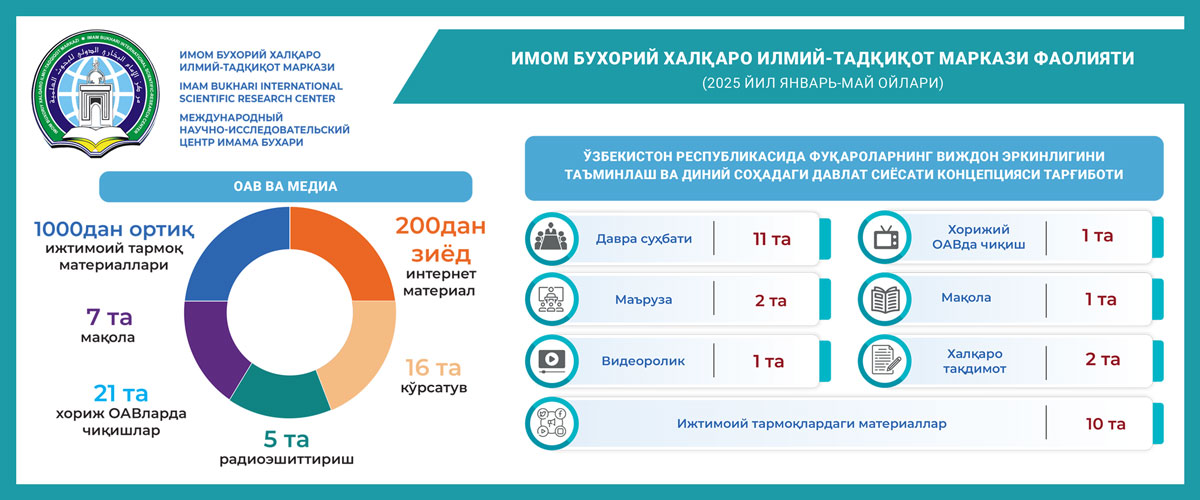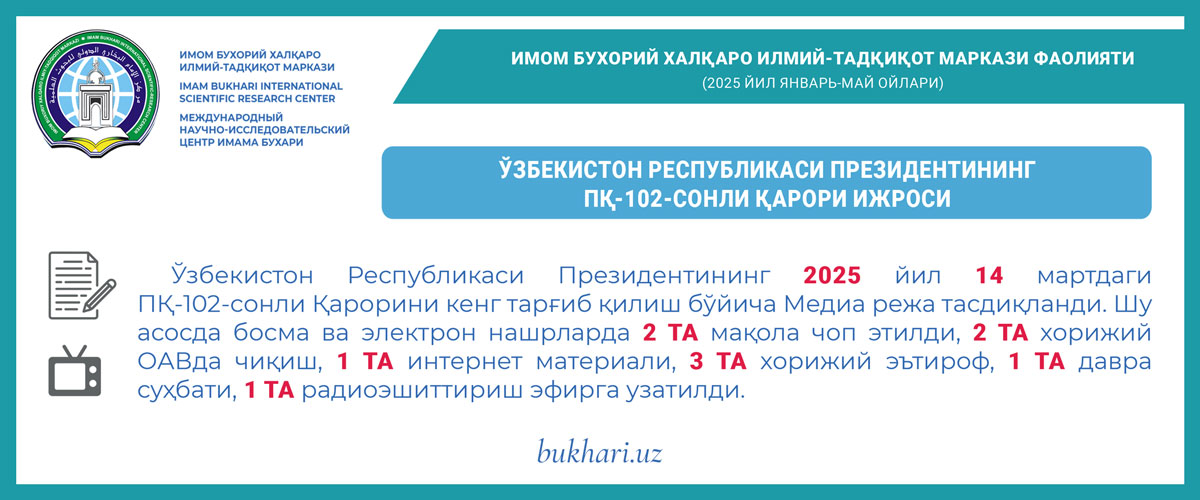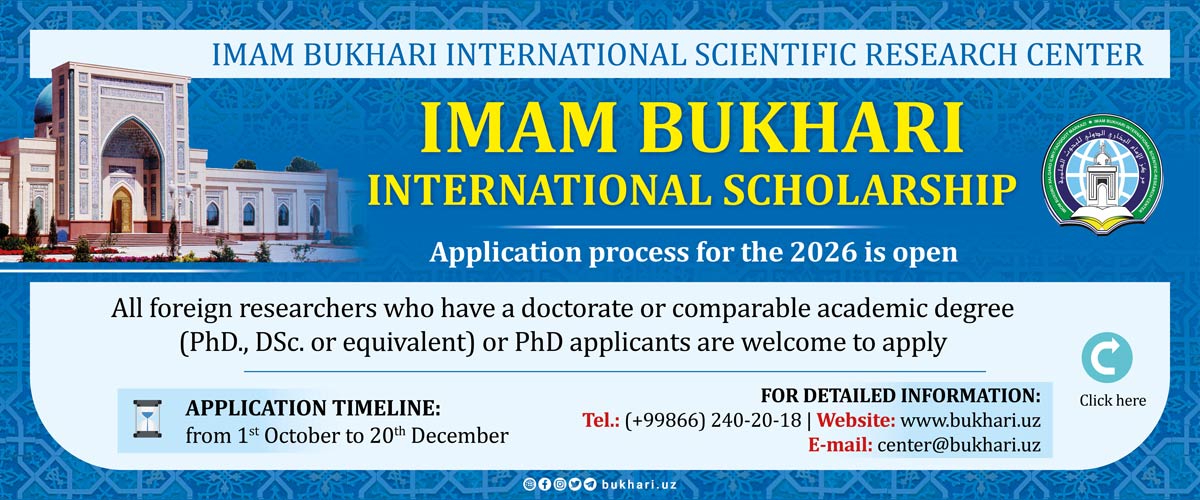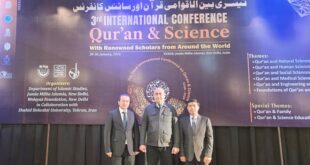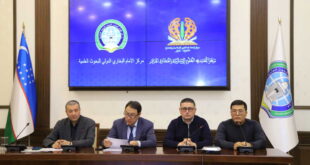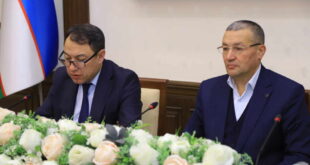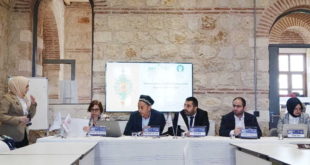The scientific project “Central Asia – the center of Islamic civilization” in cooperation with the Imam Bukhari International Research Center the study of Islamic History, Art and Culture (IRCICA) has been launched.
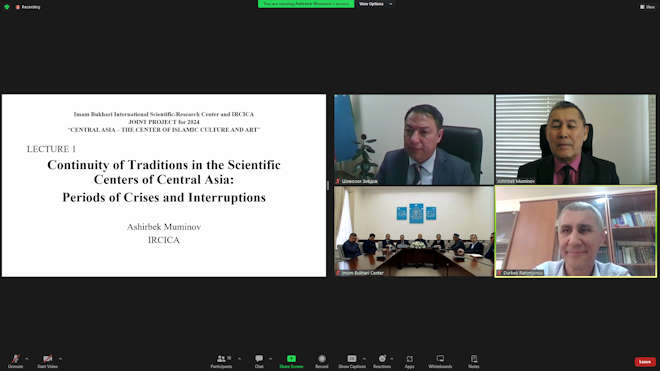
The goal of the project is to get acquainted with the researches of our scholars and thinkers in various directions, worldly and Islamic knowledge, and modern scientific researches in the field of the topics related to the history, culture, written sources, monuments and scientific heritage of the peoples of Central Asia, who made an invaluable contribution to the development of world civilization in the Middle Ages, and consists of sharing experience.
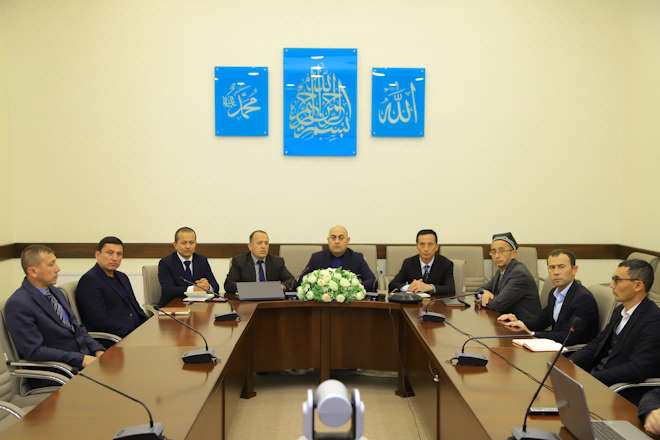
As part of it, online seminars will be systematically organized with the participation of representatives of scientific circles from prestigious foreign and local scientific institutions in areas such as Islamic history, culture, and art.
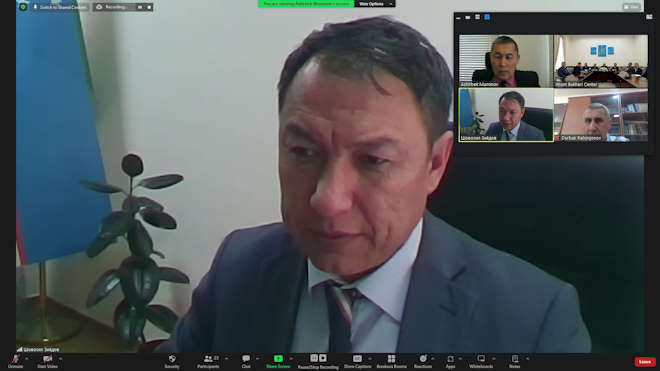
The first seminar of the project was organized on April 29. The Center staff, the Institute of History of the Academy of Sciences of Uzbekistan and the Institute of Oriental Studies named after Abu Rayhan Beruni, Tashkent State University of Oriental Studies, Bukhara and Samarkand State Universities, International Islamic Academy of Uzbekistan, Tashkent State University of Economics, scientists of the State University of Physical Education and Sports of Uzbekistan, Association of Philosophers of Uzbekistan Representatives of Imam Termizi International Scientific Research Center, State Museum of the History of Karakalpak Literature named after Berdak, scientific staff of the National Archives of Uzbekistan, as well as researchers of Kyrgyz scientific institutions participated from a total of about fifty points.
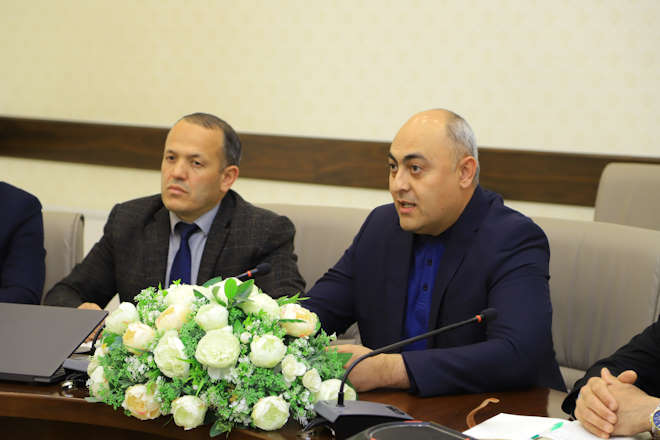
In the main part of the seminar, Consultant on Organizational Activities (Central Asia), Office of the Director General, Research Centre for Islamic History, Art and Culture, Dr. Ashirbek Mominov’s lecture on “Continuity of traditions in Central Asian scientific centers: periods of crises and interruptions” was heard.
The scientist described the crisis periods observed in the historical stages of the scientific life of the region and explained their causes and consequences. He noted that the lack of analysis of source data during the Mongol invasion and subsequent periods, the indifferent attitude of the ruling class towards scholars, and a number of other socio-economic factors had a negative impact on the development of scientific centers.
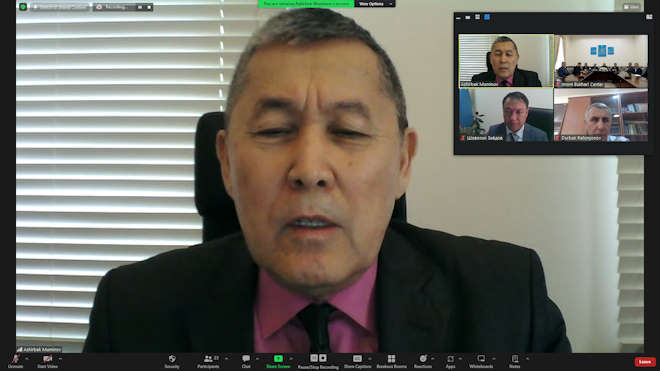
For example, although the works “Al-Qand fi zikri ulamoi Samarkand” and “Al-Ansab” contain information up to the middle of the 17th century, the chronology of the later period is not found. The delicate and sometimes conflicting relations between scientists and the ruling circles require the development of new concepts in studies in this regard.
Also, the cases of decline of Sufism in the development of Islamic sciences were mentioned, and opinions were expressed about the differences between religious scholars and secular scientists.
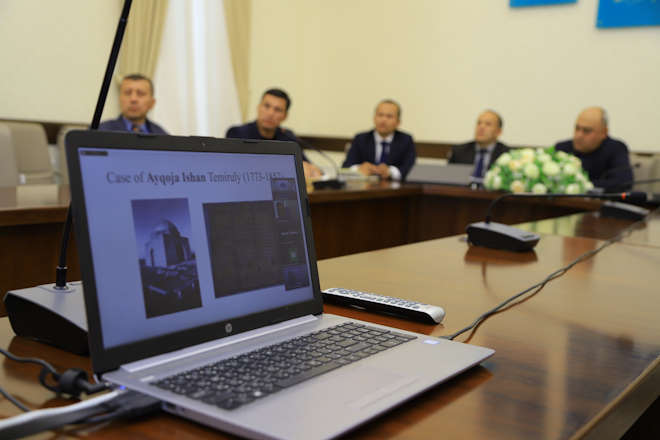
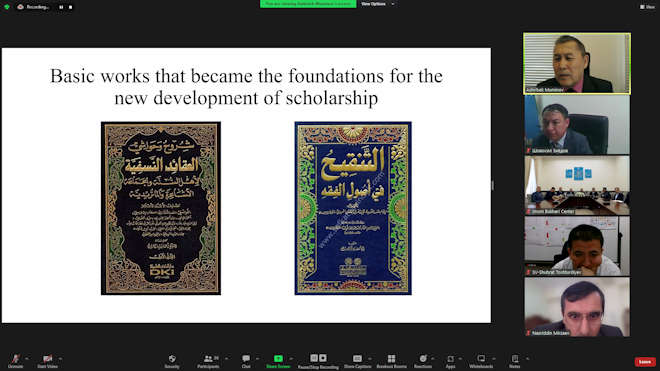
The speaker noted that at each historical stage, many traditional series were preserved for a certain period of time, new works were created in the styles that were modern for those times, which protected scientific activity from a very sad and irreversible crisis. Especially in the later period, the introduction of special scholarships, the transition from oral history to written traditions, the creation of historical and biographical works on the life and work of scholars were recognized as steps from decline to progress.
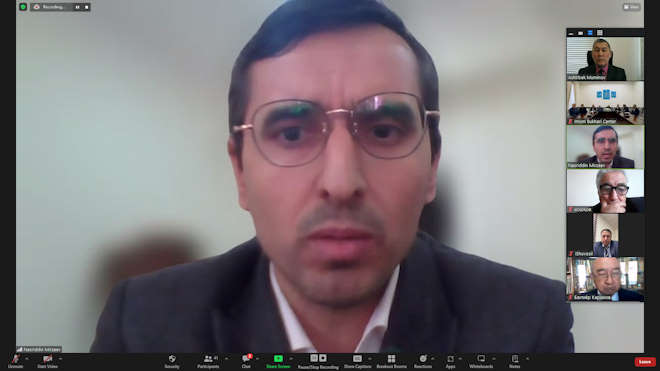
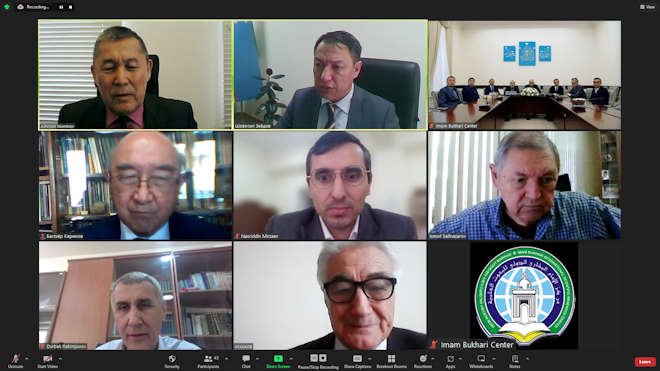
The professor also spoke about the modern research on the development of science in historical times, in particular, positively evaluating the fact that the series of Sufism did not stop in the 17th century and continued in the following centuries as well, which was scientifically proven by Mekhrojiddin Amonov, a senior researcher at the Imam Bukhari International Scientific Research Center. put forward several proposals not only to search for new sources, but also to study on the basis of more specific methods and approaches, modern trends and methodologies.
 Imom Buxoriy xalqaro ilmiy-tadqiqot markazi bukhari.uz
Imom Buxoriy xalqaro ilmiy-tadqiqot markazi bukhari.uz
